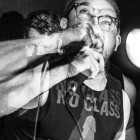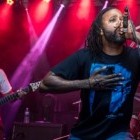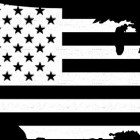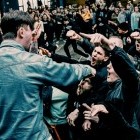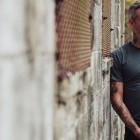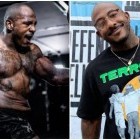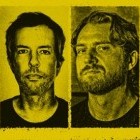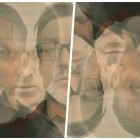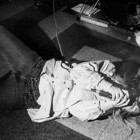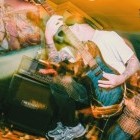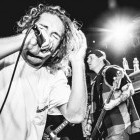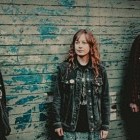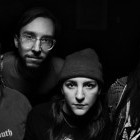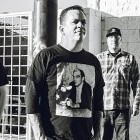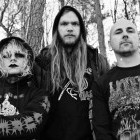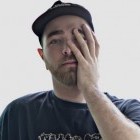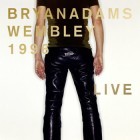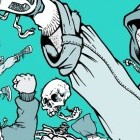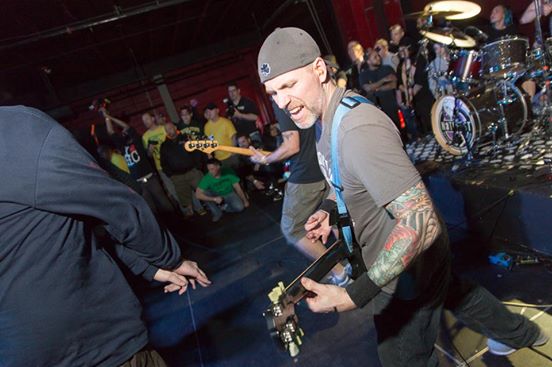
Chris Zusi is currently holding down guitar duties for Revelation Records artists Search, but his connection to the hardcore community was established long ago. Starting with the bands Proud and Release back in the late '80s, the New Jersey native has built quite the nice discography. Through his guitar work in Ressurection and Floorpunch in the '90s, Chris influenced a legion of young musicians that came later.
It was a pleasure getting to know Chris in this new interview where we cover many aspects of his musical and personal life.
Tell me a bit about your upbringing. What part of Jersey did you grow up in?
I grew up in Maplewood, NJ, which is about 20 miles west of NYC. My parents divorced when I was four, so my mother, brother, and I moved into a two-family house with my grandparents. I had a great childhood. I grew up in the '70s and '80s, which I think it was an awesome time to be a kid. We didn’t have a lot of money, but my mother did everything that she could to make sure that my brother and I never went without anything. Since my mom was working a lot, my brother and I had a good degree of autonomy — but it didn’t seem odd because it was a time when kids had a lot more freedom. It sounds cliché, but you’d go out in the morning, come home to eat something for lunch, go back out, and then come home to eat dinner.
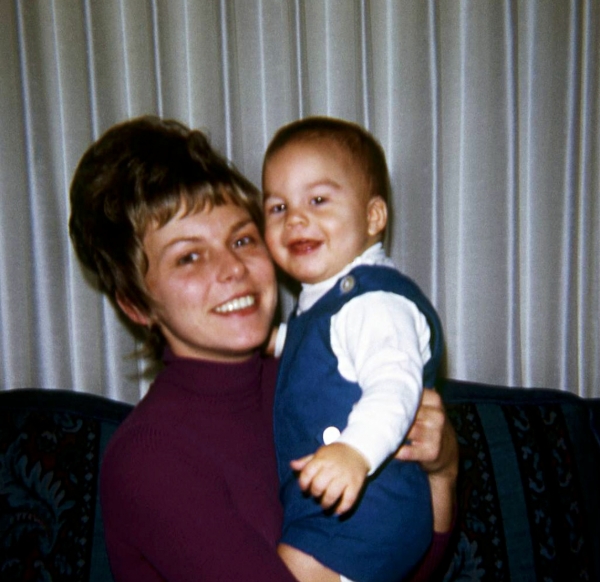
Were you drawn to music as a little kid?
My mother was always playing music when I was a kid. I still love '70s soft rock because I have so many good memories of driving in the car in the summer with the windows down (no AC) and the radio on hearing those songs. As a result, I got into music pretty early on. I listened to everything on the radio, but some of the first bands that I really got into were KISS, AC/DC, Styx, and…the Village People (my first concert!). My brother and I used to use our Matchbox car tracks as guitars and listen to all of that stuff on eight-track. I had a neighbor that was four years older than me, and he started to get me more seriously into metal around 1980. I was able to see some great arena metal shows in the early '80s because if I was going with him, my mother was cool with it.
How about TV, movies, sports, and that kind of stuff?
I’ve always been a jock, but more of a Kelly Leak (Bad News Bears) type than Chas (Back to School). I loved sports as a kid. I was always riding my bike and got really into BMX when I was younger. We used to steal plastic milk crates from the Quick Check down the street, make ramps, and jump over the line up milk crates. There was an older kid in my neighborhood and the urban legend is that he jumped over 16 milkcrates staked end to end! Yeah, it was only a foot and a half high ramp, but at that age it seemed totally believable! If we weren’t riding bikes we’d be playing football or baseball. We’d have huge tackle football games at the park up the street. But even if it was just me and my brother, we’d just throw a Nerf football out in the street for what seemed like hours.
I also have to mention Atari. We were lucky enough to get Atari super early on and we were obsessed with it. So, a typical summer day would be, wake up, eat cereal, play Atari, ride our bikes to the park, come back to eat, play more Atari, throw the football around, back on the bikes, then back home to eat dinner.
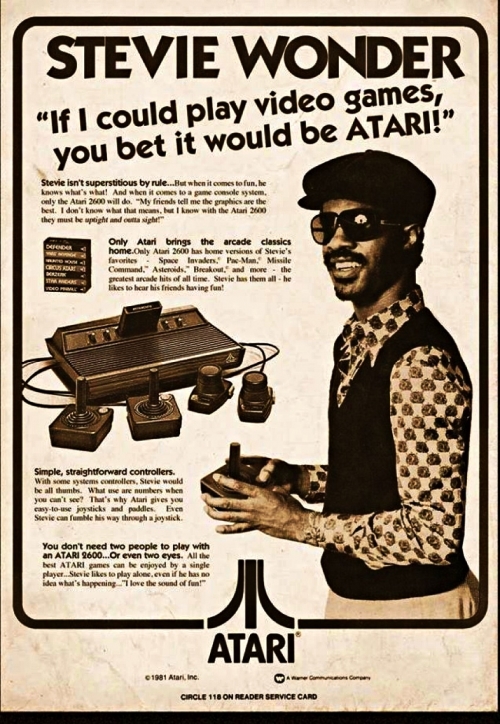
I know your parents were religious, so did they keep a close eye on what you were consuming, in terms of music and entertainment?
Even though we went to church every week, my mom was cool with letting us listen to heavy metal from the beginning. She didn’t like it, but she would let us buy Maiden and Priest cassettes when we would go to the mall, she even got my Ozzy’s Diary of a Madman for Easter in 1982! It wasn’t until I started getting into more extreme metal that she started finding some of it objectionable. I remember blasting Slayer’s "At Dawn They Sleep” on Christmas or Easter one year and at the end of the song there is a chant of, “Kill, Kill, Kill!” My mother walked by my room just as that chant started, she wasn’t too psyched [laughs].
SEE ALSO: 2017 interview with Timmy Chunks (Token Entry, Let Rage!).
Do you remember what the first punk/hardcore song/band you ever heard was?
As I mentioned, once I started getting into hard rock and metal in the '70s I was all in. I didn’t want to hear anything that wasn’t heavy metal. So, the first time I first heard anything related to punk or hardcore, I wasn’t interested at all. I think the first punk/hardcore song I that I ever heard was “I Saw Your Mommy” by Suicidal Tendencies. It must have been around 1984, and I heard it on WSOU, which was/is a big metal college radio station in New Jersey. At that point, I was into stuff like Venom, Metallica, Slayer, and Mercyful Fate, so I had no interest in hardcore or punk. Ironically enough, it’s because of metal that I got into hardcore. I went to see Venom in NYC in April of 1986 and one of the opening bands were the Cro-Mags. I remember being blown away when the Cro-Mags hit the stage, the place just exploded. Over the next year I got more and more into hardcore, and by early 1987 I was full blown into the hardcore scene.
When did you start drinking and doing drugs? Was it a case of suburban boredom, or did you fall into a peer pressure kind of situation?
I started experimenting with drinking in 7th or 8th grade. There was no big revelation, it just seemed like a taboo thing that kids my age were starting to get into — sneak a bottle from your parent’s liquor cabinet, find some older kids with beer, stuff like that. Once I got to high school I started getting into drugs. Again, it just seemed like the thing to do, so I didn’t think anything of it — I guess you could say that it was suburban boredom, I certainly don’t remember feeling any peer pressure at the time. I was just the typical high school metal head getting high. At first I was enjoying it, so I figured that if doing some drugs were fun, doing more would be better. I guess I’m just an obsessive person, because like a lot of things in my life, I don’t “sort of” get into things. If I’m into something, I’m 100% in, and drugs were no exception. I had no fear of any consequences and as a result, things got out of control in a hurry.
You went straight edge right when you turned 17 in 1988. Do you remember it as some kind of huge day in your life, or did you choose not to put too much of an emphasis on it in fear of the pressure it might bring?
I had been going to hardcore shows for about a year or so prior to “becoming” straight edge in early 1988, so I was aware of the straight edge message and philosophy. To be honest, the catalyst for me adopting a straight edge lifestyle was going to rehab! By late 1987, my life was pretty much a mess, I’m not being dramatic when I say that I only cared about getting high. I got busted in high school and was given a choice, go to rehab or get expelled and face charges. It turned out to be the best thing that could have happened to me. I wouldn’t be where I am today if I didn’t leave drugs and alcohol behind.
SEE ALSO: 10 Newer Hardcore Bands Featuring Veteran Musicians
What are some of the bands/shows you saw during that era that stick out the most in your memory?
I was into all of the NYHC bands of that era. If I had to pick out a few that I really loved they would be: Breakdown, Cro-Mags, Warzone, and Youth of Today. I never cared if a band was straight edge or not, I was always drawn towards the energy and aggression of the music and the “relatability” of hardcore lyrics. Coming from heavy metal, I loved the music, but the lyrics were really just there to make you feel more “evil” rather than something you could relate to in your everyday life. Once I became straight edge I think that I was most inspired by Judge. I had a lot of anger and frustration in my life at that time and I jumped head first into the Judge message.
I feel lucky that I was able to see a ton of great shows (at least I think they were great). My town had a train that could take you into NYC in 30 min, so from '87-'90 I saw great shows almost every week. They ones that stick out are a lot of the ones that other people would also say — the Pete Sake Benefit at CB’s, the “Shut Down” show at CB’s, the Roger Miret Benefit at CB’s, Youth of Today and Judge at the Anthrax, and the third Super Bowl of Hardcore at the Ritz probably stand out as some of the best shows.
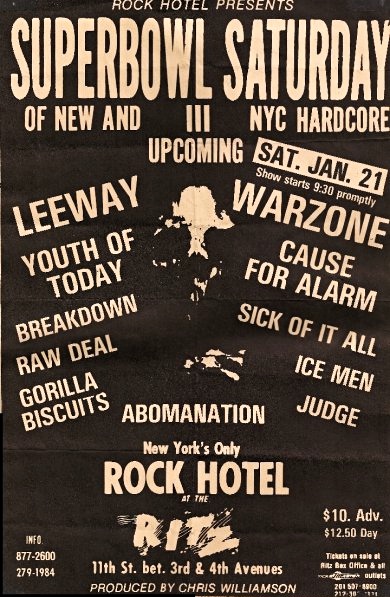
You played in a short-lived band called Proud when you were a teenager.
[Laughs] Well, at some point in the spring of 1988, I was on the train going to a show at CB’s and I met a group of hardcore kids from Edison, NJ who were also going to the show. After talking to them, it turns out a few of them were trying to get a band going. I told them that I played guitar and we agreed to get together to see what we could come up with. We never ended up playing any shows, but we did have stickers! I think that we came up with 3-5 songs and then it fizzled out. However, the Edison crew also included members of Release, Enuf, and Second Thought. So, I met all of those guys, and at some point, during the summer of 1988. Release wanted to add a second guitarist and they asked me to join.
Tell me about Release and how the band formed. I don't know much about the history there.
I think that Release formed in late 1987 or early 1988. Rob Fish and Chris Cap were both from Edison, but then Cap moved to South Jersey. He brought in Greg and Joe who both lived down there as well. I met those guys in the summer of 1988 because they sometimes practiced at the same place that my band (Proud) practiced, and we would all hang out and go to shows together. I joined the band later that summer, and then we recorded and released our demo in the fall of 1988. We did a 7” on Axtion Packed records in 1989, and did a short tour in the summer of 1989. We went into the studio in late 1989 or early 1990 and recorded a bunch of songs that would subsequently be released as 7"s. At some point in early 1990, they kicked me out and started changing the musical direction of the band. I think they played their last show some time in the summer or fall of 1990. When we first started, I think that we were a pretty generic NJ straight edge band. We were all pretty young (15-17) at the beginning, so we were just trying our best, trying to play stuff that we loved. I think that we kind of found our sound towards the end, and the last stuff that we recorded is where we really came into our own.
Release morphed into Ressurection, or at least that's what I've read. Thinking back, did you guys have a specific sonic and lyrical direction you wanted to attack before you even started putting the material together?
What happened was that Release broke up/morphed into another band without Rob singing in the summer/fall of 1990. So, I think sometime around the beginning of 1991 Rob called me up out of the blue (we hadn’t spoken in about a year) and said that he was putting a new band together (Ressurection) and that I should come down for practice. That first practice was Rob, me on guitar, Ari Katz on drums, and Dan Yemin on bass. We wrote the song "Melting Away" during that first practice. Then I didn’t hear from Rob again for eight months! Well, in that time, he got Ressurection officially going, and already had some lineup changes as Ari and Dan left to form Lifetime. So, at this point I’m brought back in after they already recorded the 7”.
So, other than "Melting Away," I had no input in the early musical direction of the band. However, I will say this — Ressurection was definitely a reaction to what was going on with the time. All of the big NYC bands were going for a more polished, post-hardcore sound, so we wanted to strip things down and make it as noisy as possible. Lyrically, we were just angry. I know that Rob was going through a lot of personal stuff at the time and all of that anger and frustration came out in the lyrics.
Preparing for this interview, I listened to the I Refuse. album again and was reminded how sick some of that material is! In my interview with Chris Daly in 2017, he told me how unhappy he was with the recording of that one. What are your thoughts on it?
From what I remember, we had a shoestring budget for the recording. We were able to find a studio that would work with the budget, but the engineer didn’t know anything about hardcore. Also, it was the first LP for all of us, so we didn’t know what we were doing either. Our sound was always based on noise and chaos, that’s pretty easy to pull of live, but it’s a different dynamic to try to capture that on a record. I think that if we knew then what we know now, we would have done a lot of things different with the recording.
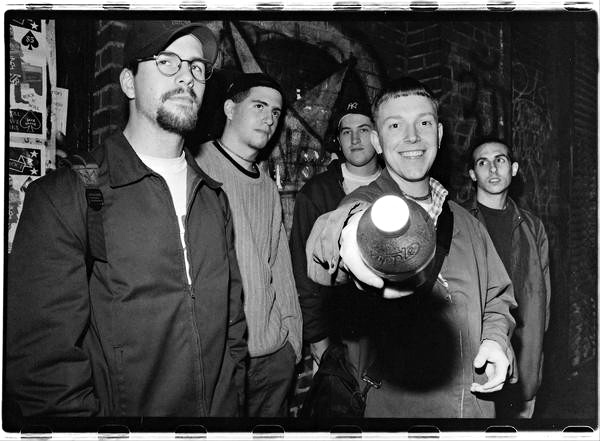
In the same interview, Chris told me that part of the reason Ressurection winded down around the mid-‘90s was because you were going to school at Notre Dame. What do you remember about that period?
Yeah, I went away to college at Notre Dame in January of 1994. Obviously, with me being in Indiana we couldn’t play too many shows. In addition, we couldn’t practice and work on writing new material (remember, pre-Internet days). Also, Rob was doing more stuff with 108, so we were being pulled in a lot of different directions. In the end, it was just time for us all to move on to doing other things. I think that we played our last show on either New Year’s Eve 1994 or New Year’s Day of 1995.
SEE ALSO: Burn’s Gavin Van Vlack on His Rough Teen Years, Graffiti, NYHC, Being Latino + More
That brings us to Floorpunch. What was the catalyst behind the formation of that band?
The band literally formed outside of an Ignite/Mouthpiece show in Chatham, NJ in the summer of 1995. We all knew each other and were standing outside shooting the shit, Bill and Zev mentioned that they were starting a band with Kingshott, and then I think Brett Beach might have volunteered me and Porter. That was that, within a 10 minute conversation we had the members, name, and concept for the band laid out. We were all dying to just play traditional style NYHC straight edge music — because outside of Mouthpiece and Cornerstone, no one was doing it anymore. I’m all for doing different things musically, but I fell in love with hardcore listening to late '80s NYHC bands, that music is always going to resonate with me (and a lot of other people).
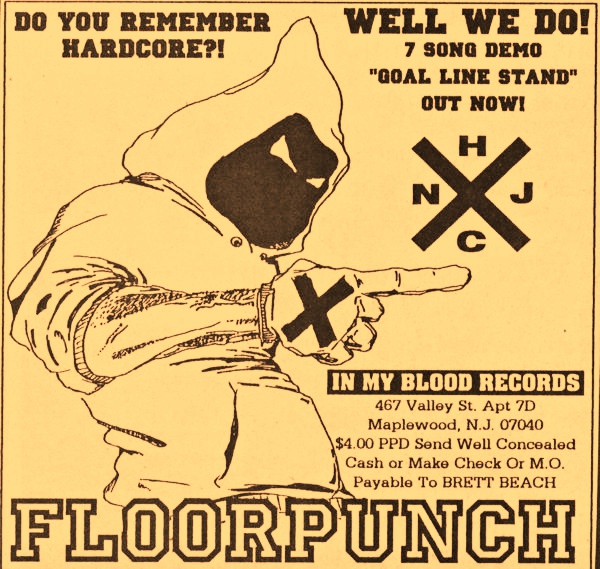
Do you remember what the initial reaction to Floorpunch was from your peers in the NJ hardcore scene?
I’ll tell you, we were psyched about what we were doing, and our immediate circle of friends were psyched as well. I know that there was a decent amount of buzz in NJ before our first show, but I honestly didn’t know what to expect. I think that, to some degree, a lot of people were looking to hear more of a traditional NYHC sound. So, if you loved that style of music and someone said, “Hey, there is a new straight edge band that sounds like a combination of Judge and breakdown,” you were probably pretty psyched. If not, then you were really going to be bummed out…which we didn’t mind either. We definitely were not interested in the slowed down metallic sound that was popular at the time.
Now, I’m not a vinyl collector, but from doing No Echo, I have noticed that a gold version of Floorpunch’s Division One Champs 7” is a holy grail kind of release for many people. What’s the story behind that pressing? I’m sure a lot of folks reading this would love that kind of trivia!
Well, I know that I’m going to get a lot of this wrong and I’m sure that Brett Beach is going to correct me. I was never a vinyl collector either, so I don’t pay too much attention to that type of stuff. The idea was to play off of the whole “Spirit of 1988” thing, so we wanted to press 88 on gold vinyl. Well, the pressing plant would only let us do a run of 90, so we hand numbered the first 88 and then there were two unnumbered copies (I think Brett and Porter have those, but don’t quote me). There was a show at Middlesex Country College (NJ) not too long after we got the records so we gave away a bunch to our friends and sold the rest. We certainly didn’t think that it was going to be some big collector’s item — hell, I sold all of mine 18 years ago on the cheap!
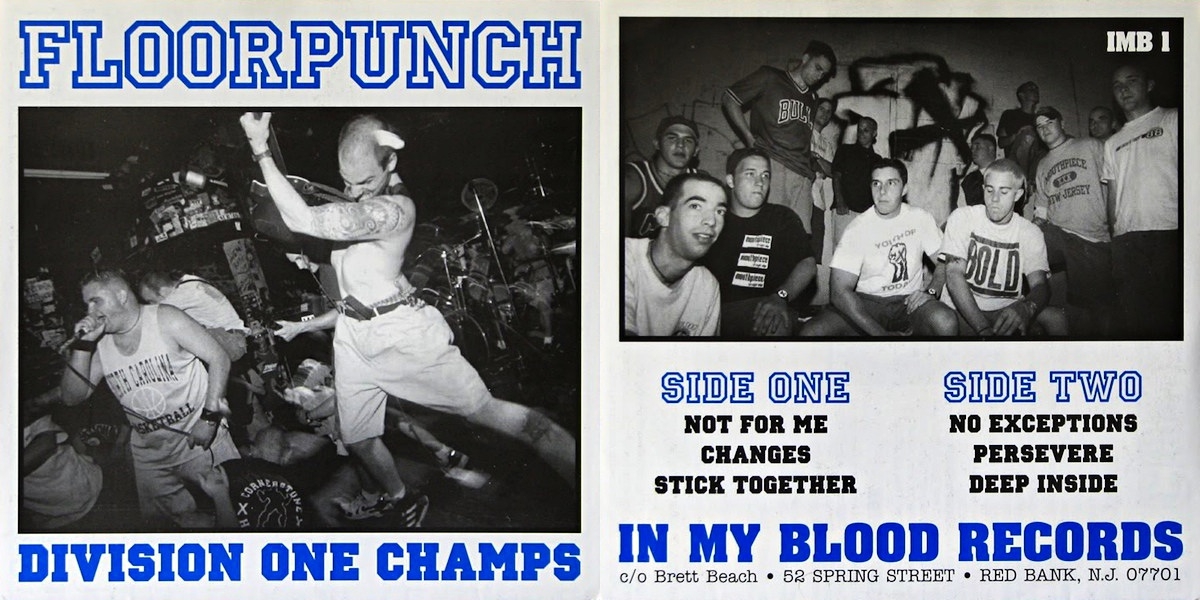
For a period around that time, you were also in The Judas Factor with your Rob Fish from Ressurection. While you appeared on the band’s 1998 self-titled EP, you didn’t stick around.
Again, I’m terrible with details (see kids, don’t do drugs!), but I think that Rob had put the whole band together before he and Little Dave (bass player in Ressurection) asked me to join. So, it was three guys from Ressurection and then Pat and Justin from Indecision. Rob had the whole 7” deal with Wreck-Age already set up as well. I think we only practiced 5-8 times before we recorded the 7”. After that I played the first two or three shows with the band and then they kicked me out! This was basically Rob’s band, and I think that he had a definite idea of where he wanted to take it, because not too long after that Justin and Pat were out of the band as well and they went in a pretty different direction musically.
SEE ALSO: 2017 interview with Pete Reilly (Mouthpiece, The Eulogy).
Fast Times at the Jersey Shore was the sole Floorpunch studio album. That came out in 1998, arguably a time period when classic-sounding hardcore wasn’t in vogue. Did that fuel you guys to dial that up even more? It’s almost like a big “fuck you” to people to do something like that.
I think that was definitely our motivation when we formed the band through when we put out the 7”. But by the time we did the Fast Times LP there was actually a pretty strong “traditional” sounding hardcore scene. You had In My Eyes and Ten Yard Fight doing LPs and a bunch of other bands with EPs out. We were writing a lot of songs and wanted to tour, so doing an LP seemed like a natural next step. I thought that the LP came out pretty good. I remember when I booked the recording session we only booked like 16 hrs or something ridiculous. When I told the studio that we were doing an LP they couldn’t believe it, but we knew we’d be fine.
Did Floorpunch do a lot of touring? Also, what are some of the key highlights from all of the live shows you played back then?
In our initial run, we did a US tour in 1998 and a European tour in 1999 (we did a short European and Japanese tour more recently). I think that when you’re in your 20s you’re just happy to be out on the road with your friends and not at work — anything to postpone becoming an “adult." It was a great experience, but like most bands you have good shows and terrible shows. We played some great shows on the East Coast, and out in California, as well as over in Europe, but like I said, there were some clunkers in there as well.
The thing that sticks out to me the most about our shows back then was the tremendous amount of support that we had up and down the East Coast. That’s not to say that the shows were always packed, but we made a lot of great friends and some of them always came out no matter where we played (and still do). So, I have to give thanks to the FPC for all of the support over the years.
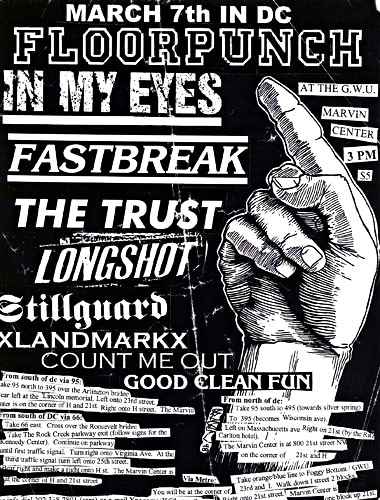
Why did Floorpunch break up, and was it amicable?
We broke up after getting back from our European tour in 1999. There was never an official “decision” to break up, we just needed some time apart. Six weeks turned into six months, and by that point it seemed like everything had run its course. We played a “final” show in 2000 at CB’s because we wanted to play (what we thought would be) our last show in the US. No bad blood, we all still see each other, we’ll always be brothers.
Did you play in any bands, or try to start one, in the years after Floorpunch? Maybe you were too busy with family and work obligations?
You know, I had pretty much forgotten all about it, but I did get together with a few friends for a couple of practices trying to get something started after Floorpunch broke up; it just never went anywhere. I’ve come to realize that as you get older it’s harder and harder to be in a band. It’s a dynamic experience. You can’t just throw a bunch of people in a studio and get a band. Everyone is so busy with work and families that it needs to be the right group of people for it to work.
SEE ALSO: Top 10 NYHC Breakbeat Intros
How did the idea of starting Search come up? Did vocalist Tim McMahon approach you with the idea?
Talk about perfect timing. Search started with a Facebook post. My old friend Ken from Turning Point posted a picture of his drum set on New Year’s Day 2016. Tim, replied that he was ready to get started on a band whenever Ken was ready. Ed (Hands Tied) and I jumped in and said that we’d be down as well. I wasn’t sure if everyone was serious or not, so I messaged Tim and told him that I was definitely interested. Luckily, he wrote back that he had already spoken to Ken and Ed and everyone was 100% ready. We brought Bill from Floorpunch in to round out the lineup and that was that.
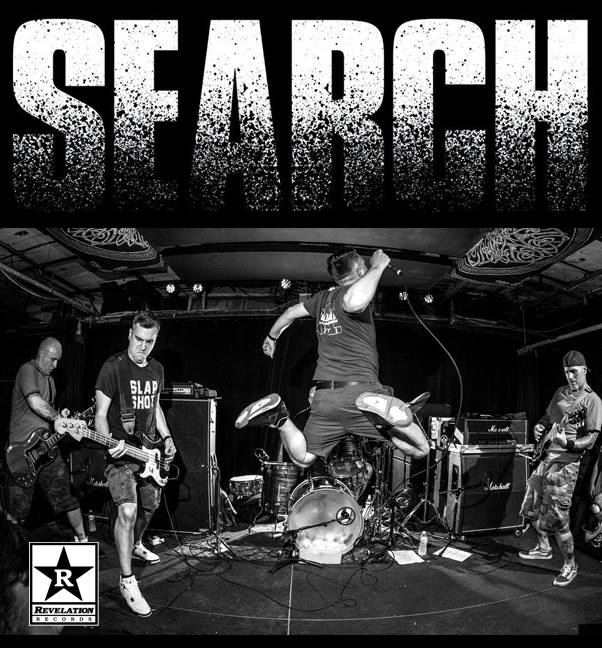
Was there a point when you started playing with Search where you had to get back into “band mode,” or did it all come back naturally?
That’s a great question, because as I mentioned earlier, it’s tough finding the right group of guys to be in a band with. Add in the criteria that it’s a straight edge band and everyone is in their 40s and you’re really limiting your options! I think Search works because 1.) We were all friends before the band 2.) We are all in similar places with regards to having full-time jobs and families. As a result, there is no pressure on us, we practice when we can and we play when we can. No one “needs” to do an LP or go on tour because we’ve all done that type of thing before. We’re just playing because we love hardcore music.
What’s the plan for Search going into 2018? Is there a Revelation Records album on the horizon?
Sometime in the spring of 2017, Ken developed hearing problems that ultimately led to him leaving the band. That was a big blow. Ken is a great drummer and even better person, so you are never going to replace someone like that. We played a couple of shows with fill-in drummers, and then started looking for a full-time drummer. Through a friend of a friend we found Paul and started practicing with him a few months ago. Paul is an awesome drummer, so we’re psyched to have him on board. We’ve been working on some new songs and I think the plan is to get back into the studio at some point in early 2018 to record another 7”. We’re also looking to get back out and play more shows now that we are back at full strength with our line-up.
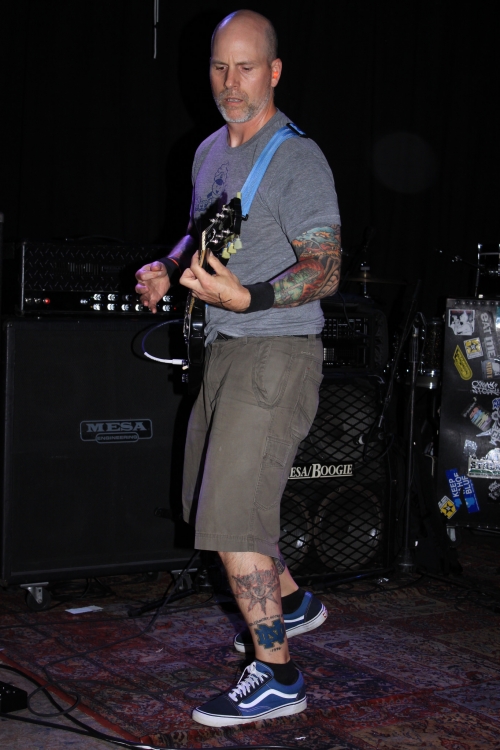
What kind of work do you do? Do people you work with know about your life in hardcore and playing in bands? From my experience, that can often inspire some uncomfortable conversations!
For the past 13 or 14 years, I have been working as a business consultant in the real estate industry. Basically, I work with broker/owners to help them with operational efficiencies, increase profit margins, mergers and acquisitions, and other day to day business decisions. It’s not changing the world or anything, but it’s allowed me to have a very flexible schedule so that I get to spend a lot of time with my family. I’m not aware of anyone that I work with that knows that I’m involved in hardcore (I keep all of my social media strictly social), but with Google, nothing is a secret these days.
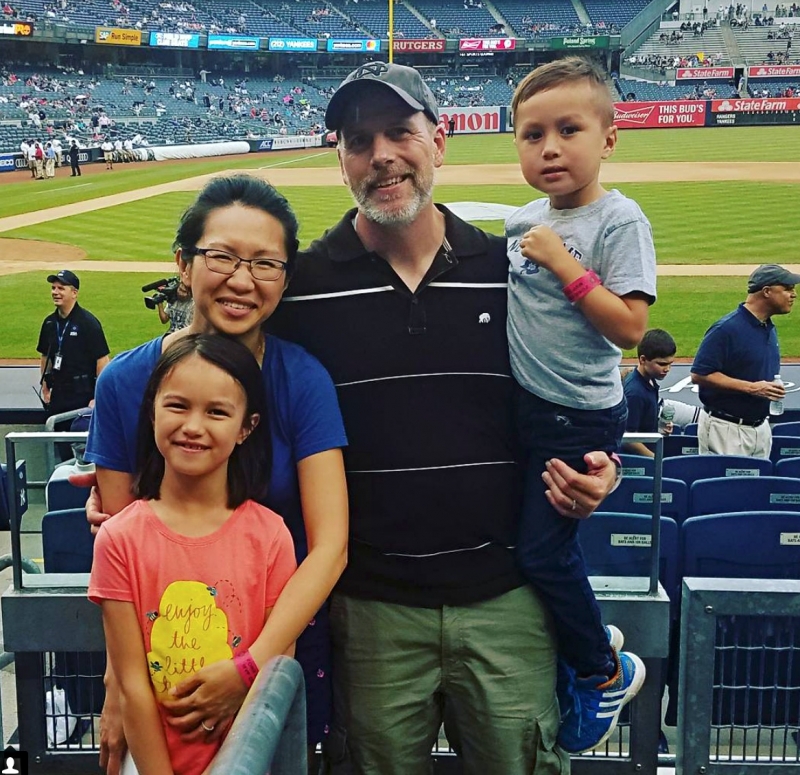
Speaking as a fellow parent of two young children, what’s your approach to the whole music thing? Have you introduced them to hardcore/punk, or are you hands off on that side of things, letting them find things on their own?
I’ve failed as a parent when it comes to music…my kids love Kidz Bop (“teens” covering top 40 songs)! They have no interest in hardcore music, although they know that I play in bands, and to some degree, are interested in seeing me play. I did take my daughter to a Floorpuch show and she got a kick out of that, although she also complained that, “it’s a lot of standing around." She’s smart, one show and she’s already got hardcore figured out, in 30 years I still haven’t learned [laughs].
SEE ALSO: 2017 interview Chris Daly (Ressurection, 108, Texas Is the Reason, Jets to Brazil, High Disciple).
Of all the songs you’ve played on during the years, which one would you say you’re most proud of and why?
I think that they all mean something different because they all represent a different time in my life. If you put me on the spot and told me to pick one, I might say “Clear” by Floorpunch. It’s one of the first songs that I wrote for the band and it was an important period of my life. I was in college and not playing in any bands after Ressurection broke up so I could easily have seen myself to some degree drifting away from hardcore. When Floorpunch came together it rekindled my hardcore spark, and so those first few songs we wrote mean a lot because it kept me active in hardcore for the next 20 years — although I’m not sure that my wife would agree that that’s a good thing [laughs].
Last question: Someone asks you what the ultimate NJHC record is, what do you say?
Easiest question ever — Vision's In the Blink of an Eye. This is a band that might not be as well known throughout the rest of the US, and doesn’t get the respect that they deserve. I can’t tell you how important Vision is to the history of NJHC (at least post 1986). Vision might as well be the official hardcore band of the state of New Jersey. As a matter of fact, I’m just going to declare that they are. Motion passed.
***
Search's Between the Lines EP is available via Revelation Records.
Tagged: chris zusi, floorpunch, ressurection, search hardcore band, the judas factor

